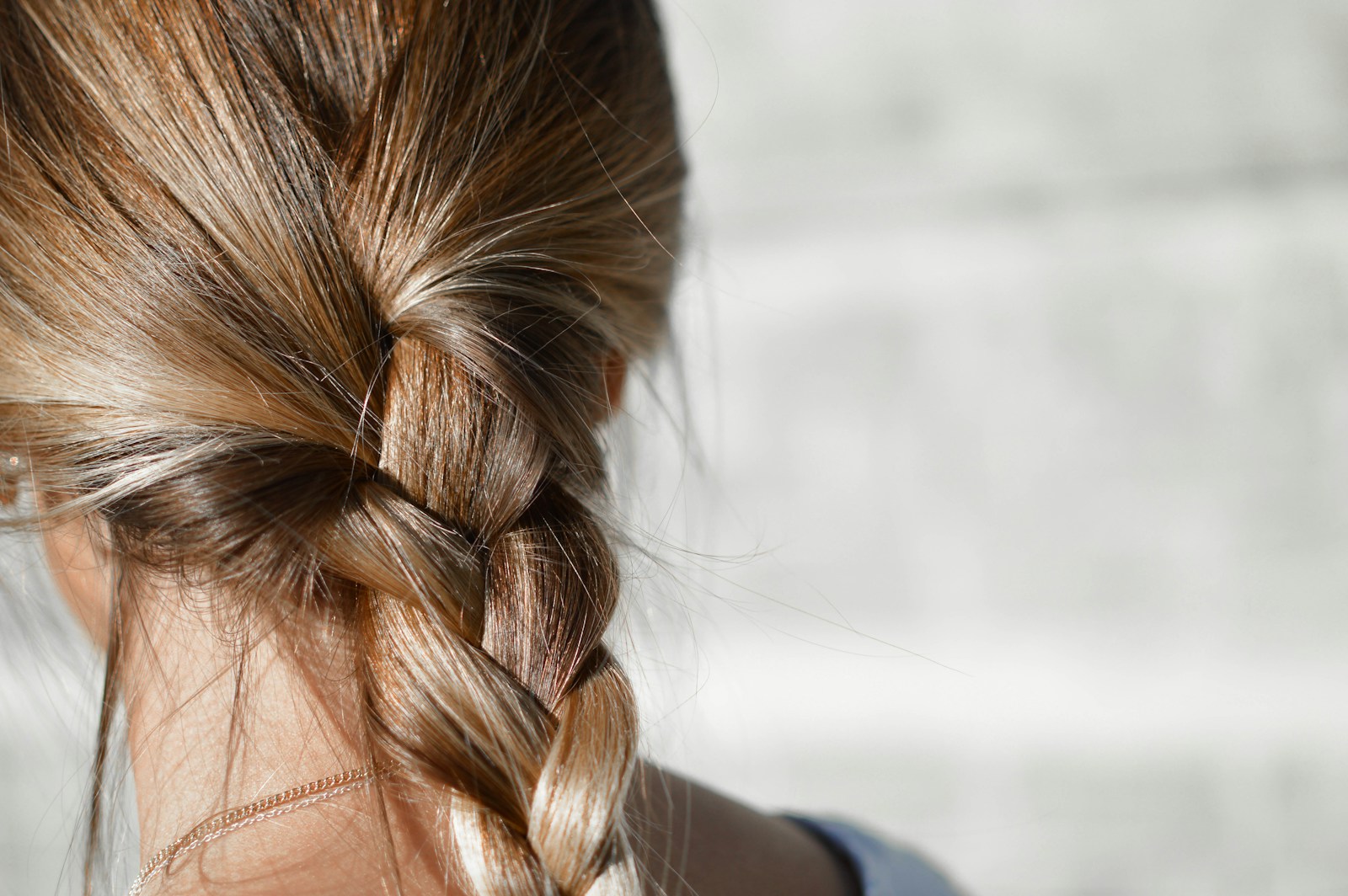
capelli

hair
In Italian, the word 'capelli' is used to refer to hair. It is a plural noun, so it is often used with plural verbs. For example, 'I tuoi capelli sono belli' means 'Your hair is beautiful'. The singular form, 'capello', is less commonly used and typically refers to a single strand of hair.
Example sentences using: capelli
I miei capelli sono lunghi

My hair is long
In this sentence, 'capelli' is used to describe a personal feature. In Italian, adjectives usually follow the noun they modify, this is why 'lunghi' (long) is placed after 'capelli' (hair).
Lei pettina i suoi capelli

She combs her hair
This phrase uses 'capelli' to talk about a daily grooming activity. Notice that the pronoun 'suo' in 'i suoi capelli' corresponds to 'her' in English, showing possession.
Lui ha perso tutti i suoi capelli

He has lost all his hair
Here, 'capelli' is used in a sentence that talks about hair loss. The verb 'ha perso' (has lost) is placed before 'tutti i suoi capelli' totally contrasts to English sentence structure where verb usually follows the object.